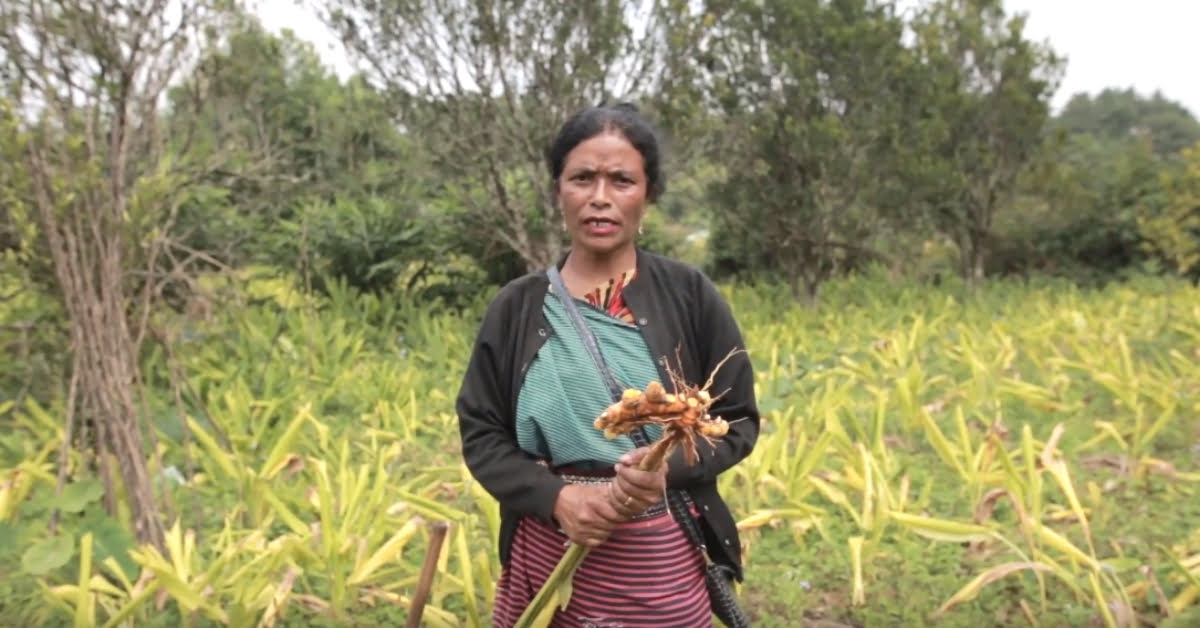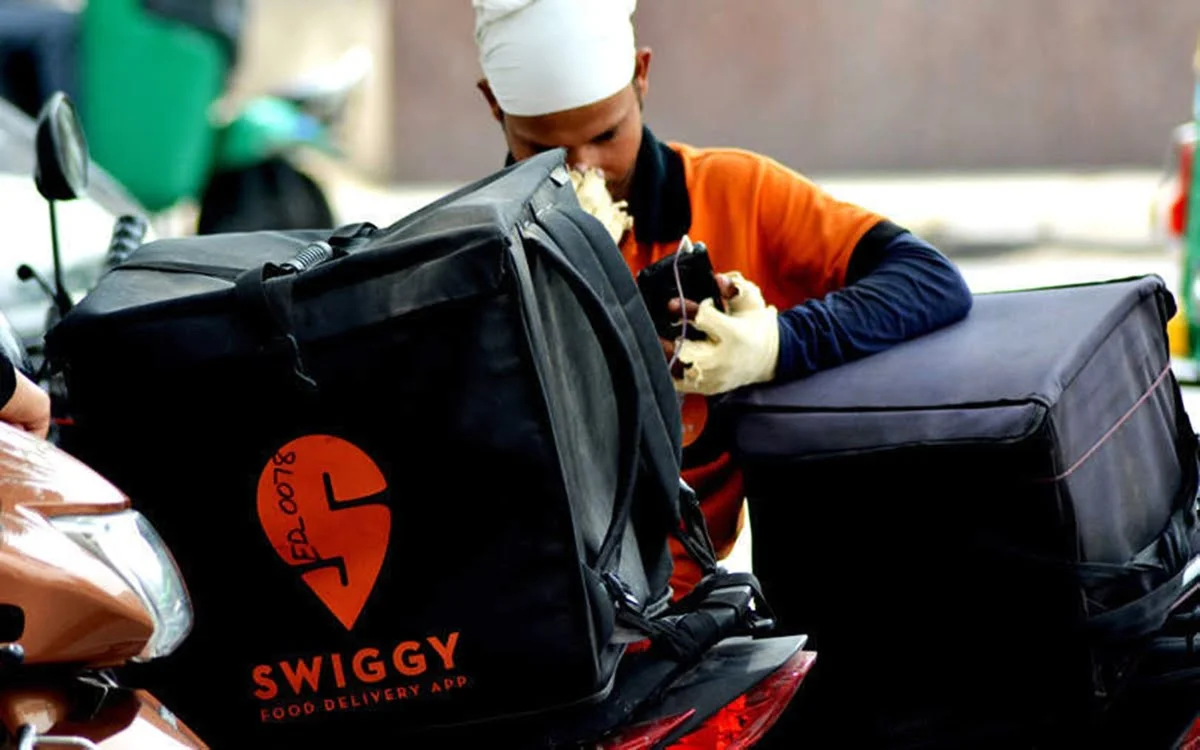Turmeric lovers all over the world owe a debt to Trinity Saioo whose name has become synonymous with turmeric in India. Saioo, who was awarded the Padmashree in 2020 for her work in developing rural women-owned sustainable organic farming, has successfully trained around 800 women in her village of Mulieh, Meghalaya, to grow the purest and most potent form of turmeric through organic farming methods.
The Lakadong variety of turmeric that Saioo and the women farmers in her Self Help Groups (SHGs) grow contain between 6.0 -7.5% of curcumin, the chief constituent of turmeric that gives it its salutary properties including the bright yellow colour, and the distinctive earthy piquant taste that lays the foundation for most Indian cooking. Curcumin is a highly prized medicinal spice believed to have effective anti-inflammatory, anti-diabetic as well as anti-cancerous properties. Lakadong Turmeric, grown indigenously in the Jaintia hills of Meghalaya, is believed to be the gold standard in commercially sold turmeric.
Lakadong Turmeric owes its genesis to Trinity Saioo. But the story of Lakadong turmeric is also the story of a group of impoverished women coming together to create a sustainable economy for themselves through farming. The women manage every stage of the enterprise from farm to table. They also intentionally adhere to organic farming practices and stewardship of the environment. It is a win-win story for women and the environment.
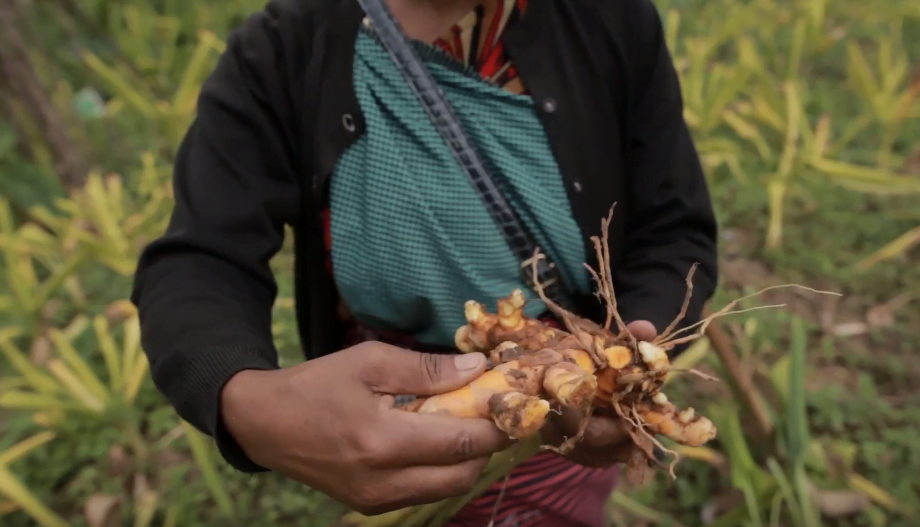
It is the monetary value of good turmeric that brought Saioo into farming turmeric for a livelihood. Saioo discovered that the Lakadong variety of turmeric fetched more in the market than the Lakachein variety which was commonly grown in Meghalaya in 2003. “Farmers, especially women, were intrigued when my family started earning three times higher from lakadong farming. This curiosity made it easy for the Spices Board and me to impart them training. As days passed, the number of people cultivating turmeric increased,” Saioo noted.
Saioo belongs to the Jaintia hill tribe, one of the matrilineal hill tribes of Meghalaya that follows matrilineal descent of inheritance. Women head the households in matrilineal societies and they inherit the ancestral property, as opposed to a patrilineal system where inheritance follows the male descendents. Perhaps it is the ingrained age-old initiative and wisdom of the matrilineal system that empowered Saioo, who was trained as a school teacher, and whose mother had also cultivated turmeric as a cash crop, to take the lead in educating the women in her village on the process of sustainable and organic farming of turmeric.
Saidoo took it upon herself to visit the other women farmers, most of whom could not read or write, and educate them on the relative high yield and greater market value of Lakadong turmeric. She helped them apply for farm subsidies and ecologically sustainable vermicomposting subsidies with the Spices Board in Shillong, the capital of Meghalaya. Meghalaya with its abundant rainfall, moist climate, and rich mountain soil had the perfect conditions to grow turmeric. With the help of the Meghalaya Spices Board, Saioo was able to help the women buy the relatively more expensive Lakadong seedlings.
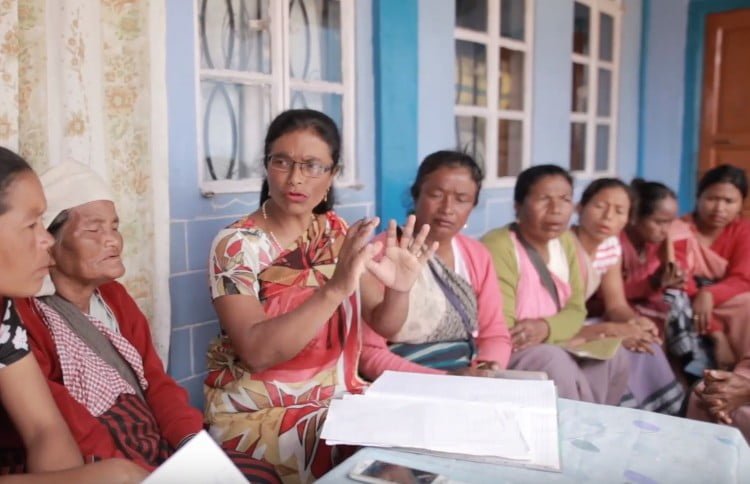
Saidoo then taught the women how to raise seedlings, plant them, fertilize them organically, remove white grub pest infestation through ecologically safe alternatives to chemical pesticides, and how to harvest the crops. Saioo herself got trained in organic farming methods, and in the tradition of train the trainers, passed on that knowledge to the women farmers she mentored. Education is not measured in degrees earned or even in literacy. Knowledge resides in the intentional awareness with which these women farmers learned to cultivate a cash crop without destroying the environment or corrupting the produce itself. Instead of chemical pesticides to increase the yield, they learned how to make and use panchagavya pesticides and fertilizers, and vermicomposting. They went that extra mile to grow a product that was healthy and harmless to the consumers and the environment.
The success of the women Lakadong turmeric farmers of Mulieh, evident in new houses and better living conditions for the families, was enough to persuade women farmers in the neighboring villages of Madankynsaw, Mynktung, Rtiang, Pyntei and Laskein to switch over to Lakadong variety. From a modest start in 2003 with 25 other farmer women, Saioo’s SHG farmer collective has now grown to around 800 women farmers in Meghalaya.
Saidoo’s SHG collective owns two cooperatives: the Leng Skhem Spice Producer Industrial Cooperative Society, and the Life Spice Federation of Self-Help Groups, both based in the Jaintia Hills. While the men in the families and the villages assist in the farming, the cooperatives are run by women.
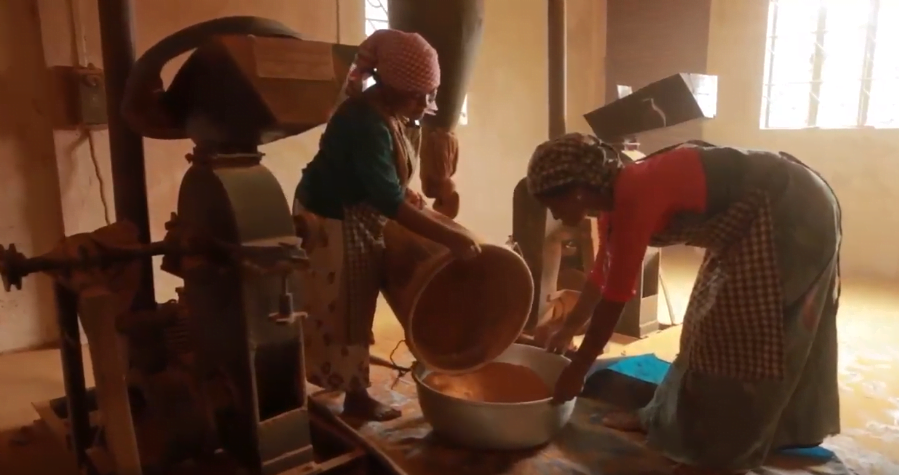
With the help from Meghalaya Agricultural Department, Saioo helped Life Spice Federation of Self-Help Groups open a store room for the supply chain distribution of Lakadong Turmeric. The store room assists women farmers from inventorying their produce, buying turmeric, slicing and drying turmeric, grinding turmeric, to the weighing, packaging and distribution of the spice. The cooperative keeps 2% of the women’s earnings and returns it back into the cooperatives to pay the electric bills and towards the maintenance of the facility and the machines. It is a self-sustained industry.
While there are wrinkles in the supply-chain management of the spice, Lakadong Turmeric has reached several urban retailers in India’s north east. Lakadong Turmeric is available at the retailers Urban Platter (200 gms / ₹235.00) and Zizira, which also sells Lakadong turmeric latte. The cooperative has also made small inroads in distribution in the southern states of Kerala, Kolkata and Karnataka. A quick internet search shows that you can buy Lakadong Turmeric in retail through Amazon and several online retailers as well.
Women-owned cooperatives and federations such as those overseeing the Lakadong Turmeric initiatives decidedly counter the narrative of the feminization of poverty in rural India. Nearly 100 women SHGs work directly under Saioo in turmeric farming in Meghalaya. Saioo serves as the Assistant General Secretary of the federation. In 2018, Saioo was honored for “Excellence in Horticulture” by the Union Ministry of Agriculture in New Delhi. The 2020 Padma Shri is the latest honour coming in search of a remarkable activist whose vision and efforts concretely transformed the living conditions of rural women.
Featured Image Source: The Better India
